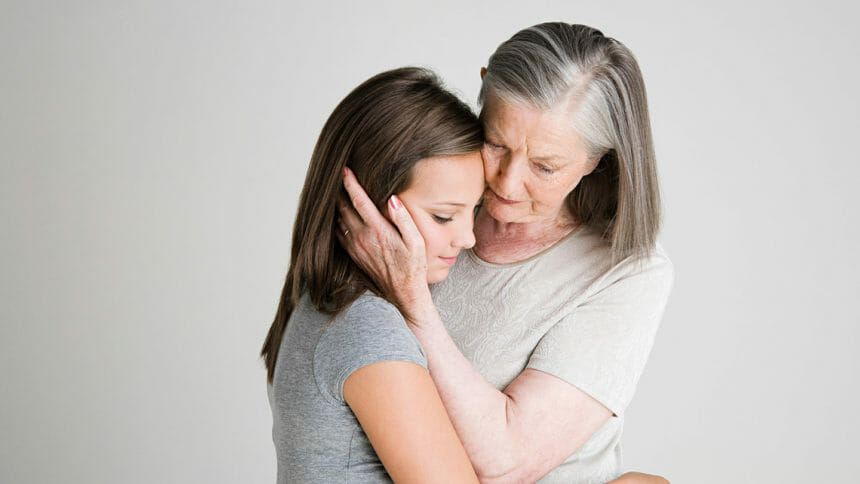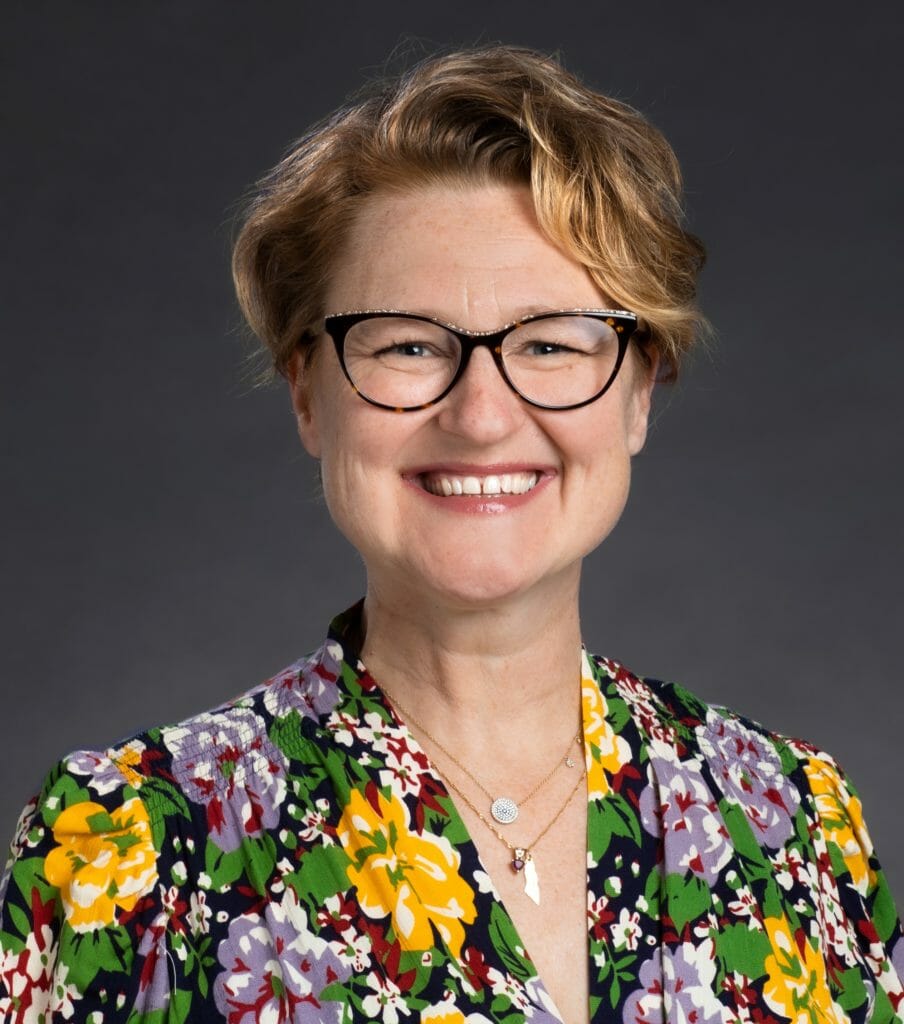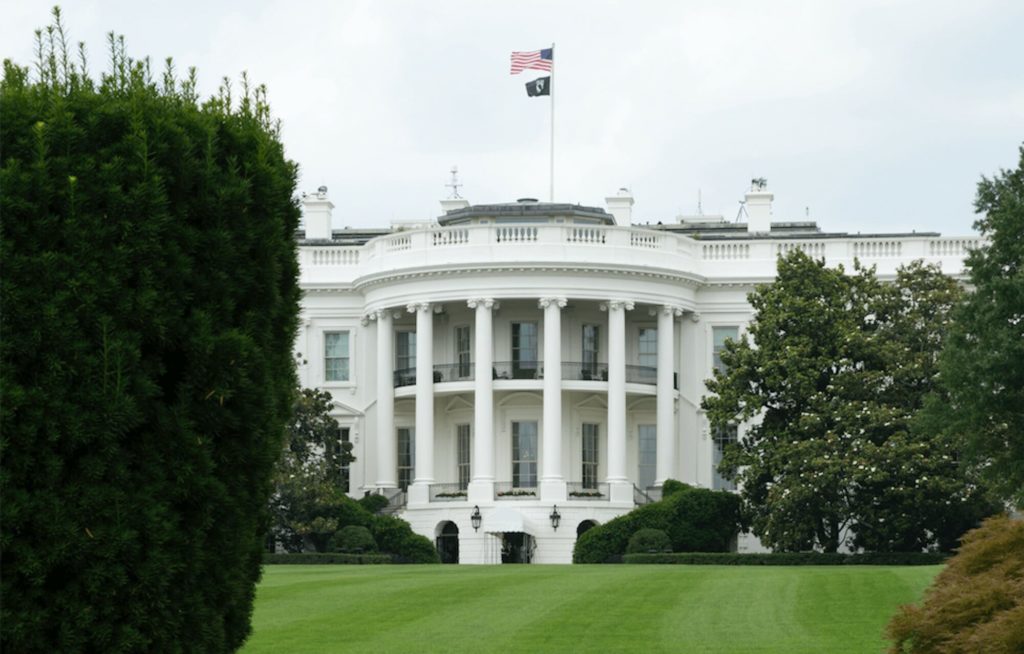
During her years as a clinical social worker in St. Louis, Melinda Kavanaugh noticed something striking when she visited the homes of patients suffering from ALS, Parkinson’s disease and Alzheimer’s disease. Kavanaugh frequently encountered children acting as caregivers to parents and grandparents.

“Children were coming to me and saying I just learned how to disinfect my father’s feeding tube or I have to transfer my dad to the next room,” Kavanaugh told McKnight’s Home Care Daily Pulse. “It was the most extraordinary eye opener.”
That experience led Kavanaugh to a Ph.D. in social work from the University of Wisconsin-Milwaukee with a dissertation on child caregivers. In 2015, she launched YCare, an evidence-based, multidisciplinary training program for kids. During the program, children learn a variety of skills from toileting to transferring patients to identifying breathing problems. To date, Kavanaugh has taken YCare to 12 cities nationwide and trained approximately 150 kids.
“They spend 45 minutes to an hour with a physical therapist, an occupational therapist, a speech-language pathologist, a respiratory therapist,” Kavanaugh explained. ‘They might show the therapist what they do and the therapist will show them a better way to do it.”
Young caregivers behind the scenes
AARP and the National Alliance for Caregiving estimate there are 53 million family caregivers nationwide, but that number does not include children. Kavanaugh estimates as many as 10 million kids are providing some form of care to family members. The kids who attend YCare are mostly between the ages of 10 and 13, and Kavanaugh said about 70% have never been shown how to properly perform the tasks they routinely do.
“I’ve had kids tell me that they’ve dropped their grandmother because they had to move her and they feel like they broke her,” Kavanaugh said with a note of hyperbole.
In recent years, states have begun recognizing the contributions of family caregivers. Most offer some sort of pay to adult family caregivers, and some states offer training as well. Last year Arizona signed into law the Family Licensed Health Aide Program, which provides training to parents, family members or loved ones under the guidance of a registered nurse case manager. But those training programs are for adults over age 18.
Skills plus emotional support
The daylong YCare clinics not only provide kids with useful skills, they also provide children emotional support and a connection to other young caregivers. Kavanaugh wants to grow the program and is interested in partnering in some way with the home care and home health industry.
“There is this relationship that really doesn’t get acknowledged at all because [home care workers] automatically go to the adult, but often it’s this 12-year-old who can help out the home health aide,” Kavanaugh said.
Giving children the confidence they need to be competent caregivers could also help build the direct care workforce of the future. Kavanaugh said some of the children who complete YCare express an interest in becoming nurses, therapists or other healthcare professionals.
“There is a real altruistic component,” Kavanaugh said. “You don’t want to take them away from it because it then negates all of these future home health workers. They need support and they need to be acknowledged.”



